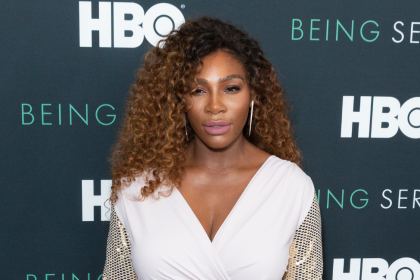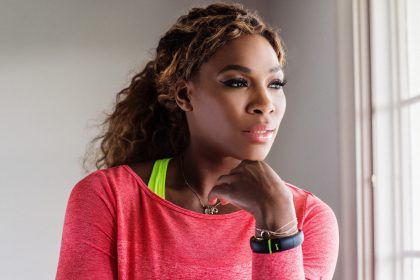 Aug. 26 marks the 92nd anniversary of the ratification of the 19th Amendment to the U.S. Constitution, guaranteeing American women the right to vote. This milestone was the direct result of the women’s suffrage movement in the United States, a protest where suffragists and supporters lectured, lobbied, marched, organized, picketed, petitioned and practiced civil disobedience at both the state and national levels. Remarkably, few of the early supporters actually lived to see the final victory in 1920.
Aug. 26 marks the 92nd anniversary of the ratification of the 19th Amendment to the U.S. Constitution, guaranteeing American women the right to vote. This milestone was the direct result of the women’s suffrage movement in the United States, a protest where suffragists and supporters lectured, lobbied, marched, organized, picketed, petitioned and practiced civil disobedience at both the state and national levels. Remarkably, few of the early supporters actually lived to see the final victory in 1920.
The history of this amendment is important for this writer to share with some of my sisters, girlfriends and colleagues who I’ve had to encourage or sometimes pressure to vote during a recent general primary/non-partisan/special election. I am embarasssed to share that these are the same women who faithfully tune in to certain drama-filled reality shows on a weekly basis, but are apathetic and simply lazy about voting and engaging in politics.
It took 41 years — more than my lifetime — for Congress to submit the amendment to the states for ratification. In 1878, Susan B. Anthony (d. March 13, 1906) and Elizabeth Cady Stanton (d. October 6, 1902) drafted and introduced the amendment. Various strategies were executed by suffragists to gain the necessary support and attention to pass this amendment from parades, silent vigils and hunger strikes, to engaging each state and territory individually during a three-decade period, referred to as the doldrums. By 1912, there were successes in western states like California and Washington, where legislation or voter referenda enacted full or partial suffrage for women. By 1916, most of the major suffrage organizations were united behind the goal.

It wasn’t until 1918, a year after New York adopted women’s suffrage, when President Woodrow Wilson lent his support that the political balance shifted in favor of women’s suffrage. On May 21, 1919, the House of Representatives passed the amendment and on June 4, 1919, it was passed in the Senate. The state of Tennessee was the 36th state to ratify the amendment on August 18, 1920, a victory over the final hurdle of getting the support of three-fourths of the states. On August 26, 1920, U.S. Secretary of State Bainbridge Colby certified the ratification – granting women their right to be a part of the American electorate and spurring a courageous Mary McCleod Bethune to lead 100 registered black voters to the poll, even after threats by 80 members of the KKK.
Your engagement in the political process is definitely a choice. While you choose to exercise your political voice, remember that if you don’t define and defend your rights, someone else will. From laws designed to assure gender pay equity to health concerns like contraception, policy debates about women’s issues are being shaped by male politicians.
Tuesday, November 6, 2012 is the next election. It’s our opportunity to participate in the 57th presidential election and the Senate and House of Representatives elections to elect members of the 113th Congress. Other elections include 11 gubernatorial races (including Missouri and North Carolina), state legislature races and special elections as well as various state, territorial, and local races.
Besides, if we waited on men to make decisions that were important to us would we be glowing in the excitement around 2012 Olympic Gold Medalists Gabrielle “Gabby” Douglas and Serena Williams, who’s also the number four female tennis player in the world?
If you’re unsure how important your voice and vote are, please seek clarity by contacting and connecting with the following women’s organizations:
League of Women Voters: www.lwv.org
National Council of Negro Women: www.ncnw.org
National Congress of Black Women: www.nationalcongressbw.org
National Women’s Political Caucus: www.nwpc.org
I encourage you to choose yourself, know your worth, let your voice be heard. Less than 100 years ago, we were demanding the right to vote. Our wish has been granted, so help blow out the birthday candle and exercise your right this November. –yvette caslin








